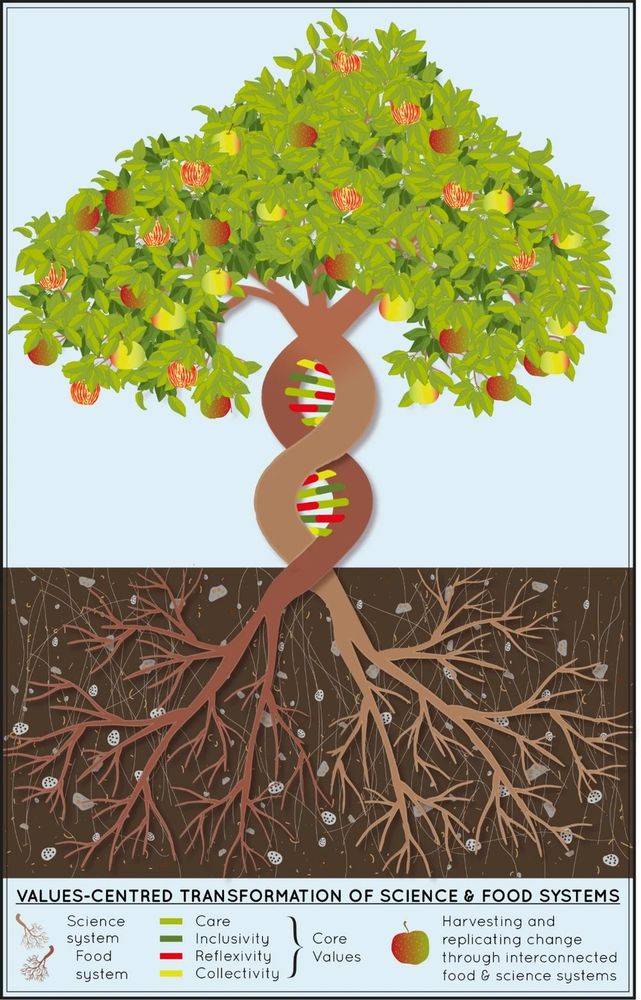Julie G. Zaehringer
@juliegwen.bsky.social
1.6K followers
430 following
42 posts
Professor of Land Systems and Sustainability Transformations | @wyssacademy.bsky.social at the University of Bern @unibe.ch; @cdeunibe.bsky.social; Institute of Geography. Travel addict, dedicated mum, sabar dancer.
Posts
Media
Videos
Starter Packs
Reposted by Julie G. Zaehringer











